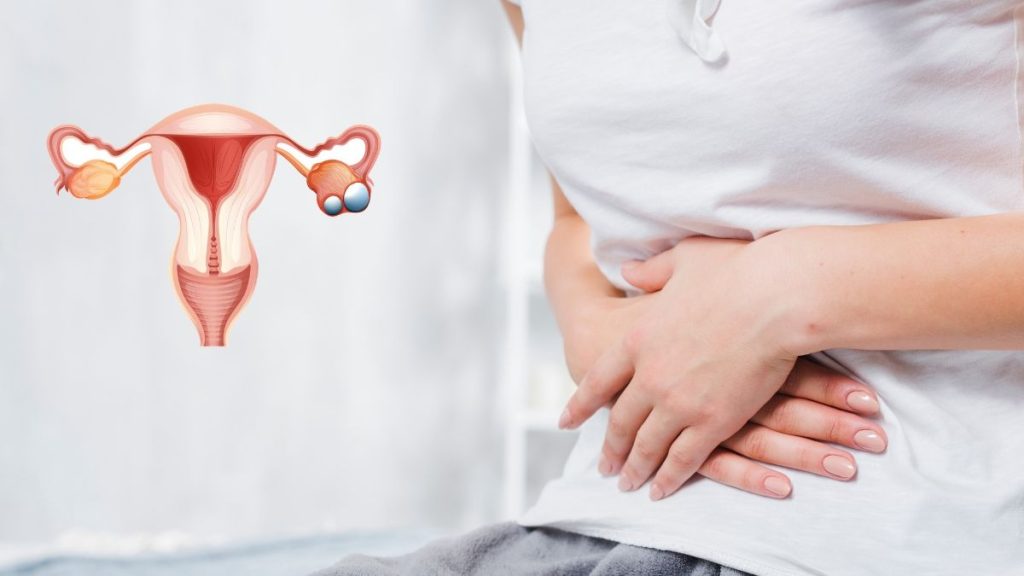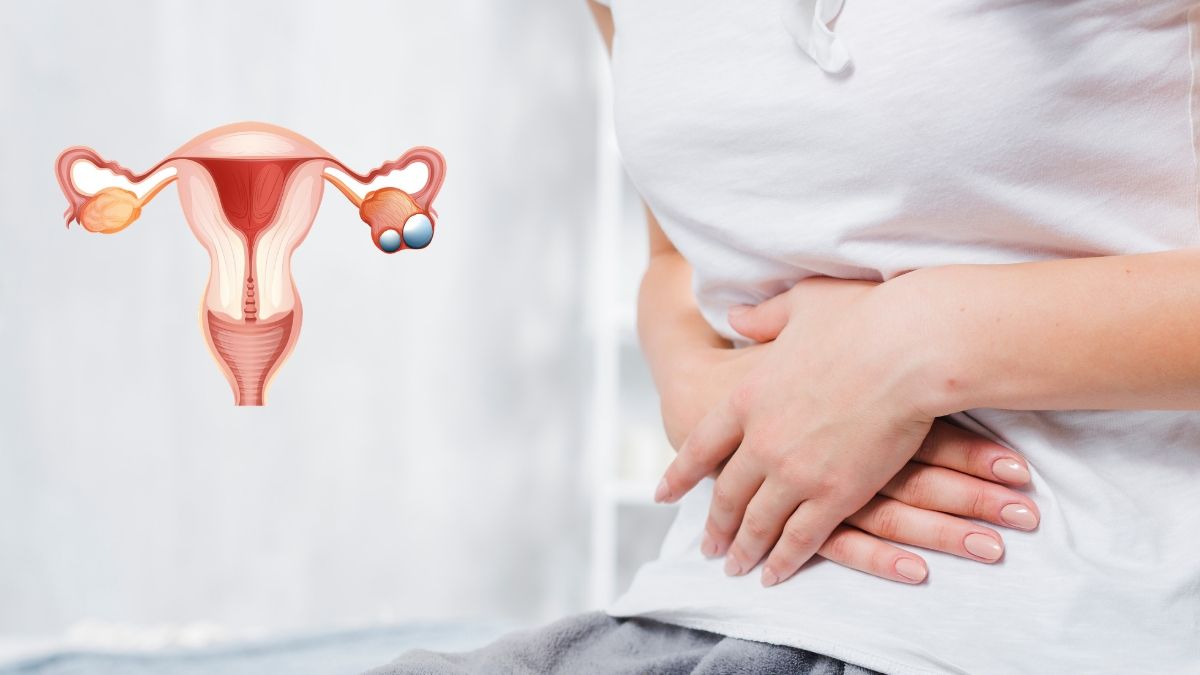Introduction:
Polycystic Ovary Syndrome (PCOS) is a hormonal condition that affects millions of women worldwide. It is characterized by symptoms including irregular menstrual cycles, excess androgen levels, and ovarian cysts. However, with the right management strategies, women with PCOS can effectively navigate the challenges posed by this condition and lead fulfilling lives.
Understanding PCOD:
PCOD is a condition characterized by hormonal imbalances in women of reproductive age. While the exact cause of PCOD remains unclear, factors such as insulin resistance, genetic predisposition, and lifestyle choices are believed to have an effect on its development. Common symptoms of PCOD include irregular menstrual cycles, excessive hair growth (hirsutism), acne, weight gain, and infertility.
PCOD Management Strategies:

Lifestyle Modifications:
- Adopting a balanced diet rich in lean proteins, fruits, and vegetables can help regulate insulin levels and manage weight, both of which are crucial for women with PCOD.
- Regular exercises can improve insulin sensitivity, promote weight loss, and reduce the severity of PCOD symptoms.
- Chronic stress can induce hormonal imbalances in women with PCOD.
Medical Interventions:
- Hormonal contraceptives can help regulate menstrual cycles in women with PCOD.
- For women facing infertility due to PCOD, fertility treatments like ovulation induction, in vitro fertilization (IVF), or intrauterine insemination (IUI) may be recommended to enhance the chances of conception.
- Drugs that inhibit the effects of androgens can help manage symptoms like hirsutism and acne in women with PCOD.
Emotional Support:
- Connecting with other women who have PCOD can provide valuable emotional support, encouragement, and practical tips for managing the condition.
- Seeking counseling or therapy can help women cope with the emotional challenges associated with PCOD, such as body image issues, anxiety, and depression.
Conclusion:
While PCOD can present significant challenges, it is important for women affected by this condition to know that effective management strategies are available. By making lifestyle modifications, exploring medical interventions, and prioritizing emotional well-being, women with PCOD can take control of their health and lead happy lives. Remember, every woman’s experience with PCOD is unique, so finding the right combination of methods may require patience and perseverance. With determination and support, navigating PCOD is indeed possible.


